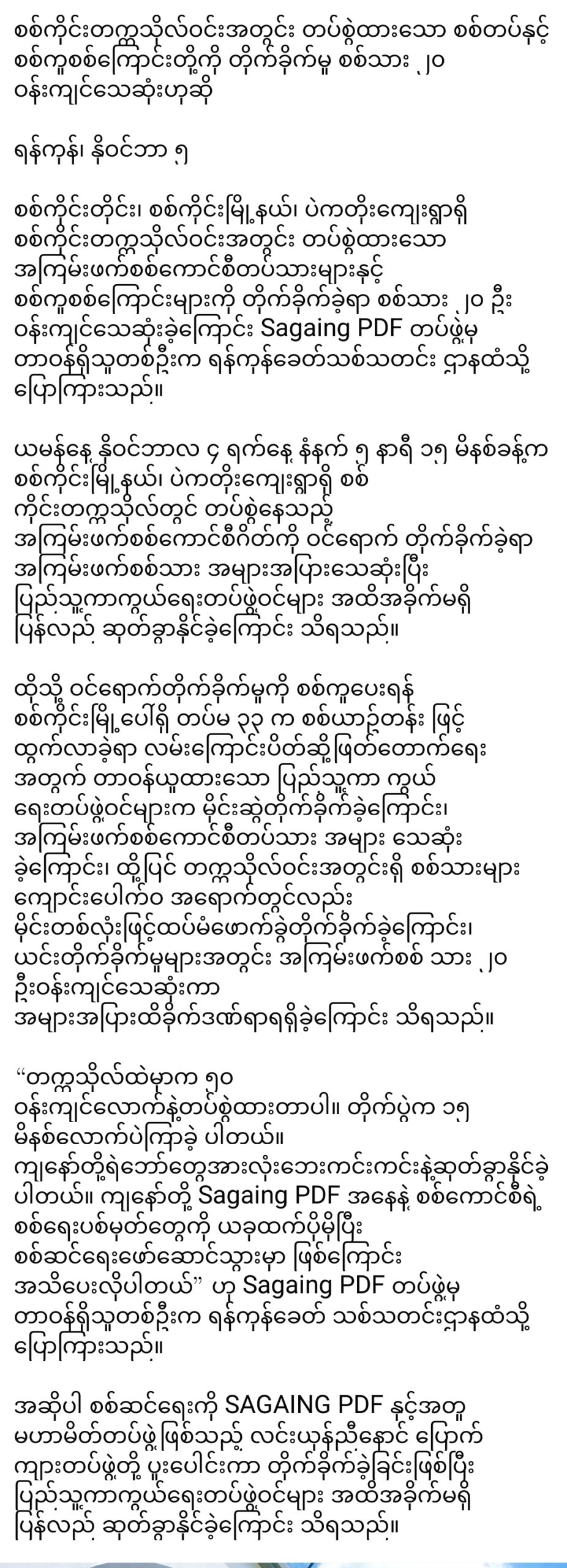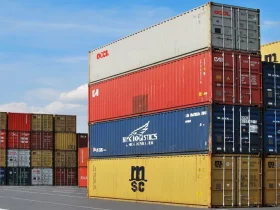
Telecommunication companies in Ethiopia
Ethiopia’s telecommunications sector has undergone significant changes in recent years, primarily driven by governmental reforms aimed at liberalizing the market. Previously, Ethiopia’s telecom industry was a monopoly, with Ethio Telecom, a state-owned enterprise, being the sole provider of telecommunications services. However, with increasing demand for connectivity, economic modernization, and pressure for improved service, the Ethiopian government embarked on a reform agenda to open the sector to competition.
Ethio Telecom: The State-Owned Giant
Ethio Telecom has long been the dominant telecom operator in Ethiopia, providing mobile, fixed-line, internet, and data services across the country. Established in 2010 after a merger of the Ethiopian Telecommunications Corporation and the Ethiopian Telecommunication Agency, Ethio Telecom is the largest telecom operator in Ethiopia, serving over 60 million subscribers. Although the company held a monopoly for many years, its services were frequently criticized for poor quality, limited infrastructure, and high prices.
The Ethiopian government has made various attempts to enhance Ethio Telecom’s capacity, including contracts with foreign companies to help manage operations. In recent years, Ethio Telecom introduced mobile banking, under the Telebirr brand, which is a mobile money service launched in 2021. Telebirr has significantly impacted the financial sector, allowing millions of unbanked Ethiopians to access digital financial services. Ethio Telecom’s contributions to expanding internet and mobile coverage are notable, but the company’s limitations underscored the need for greater competition and innovation.
Market Liberalization: Entrance of Safaricom Ethiopia
In 2021, Ethiopia took a transformative step by awarding the first private telecommunications license to a consortium led by Kenya’s Safaricom, one of Africa’s largest telecom companies. The consortium, known as the Global Partnership for Ethiopia (GPE), includes major players like Vodafone, Vodacom, Sumitomo Corporation, and the British International Investment. This decision marked Ethiopia’s move toward a more competitive telecom market, aiming to bring better services and innovations to Ethiopian consumers.
Safaricom Ethiopia officially launched its services in 2022, introducing a competitive alternative to Ethio Telecom. Known for its groundbreaking M-Pesa mobile money platform in Kenya, Safaricom has introduced competitive data and voice packages and aims to bring digital financial services to Ethiopia, once regulatory approval is granted. Safaricom’s entry is expected to stimulate further investment in Ethiopia’s telecom infrastructure, improve internet access, and expand digital services across the country.
Future Prospects and Challenges
The Ethiopian government plans to continue its liberalization strategy, including issuing a second private telecom license to further promote competition. Additionally, partial privatization of Ethio Telecom has been discussed, with the potential for selling up to 40% of the state-owned company to private investors. Such moves could attract more international expertise, foster innovation, and improve customer experiences in the sector.
However, Ethiopia’s telecom sector faces challenges. Infrastructure limitations, especially in rural areas, create barriers to achieving nationwide connectivity. Additionally, political instability and security concerns in some regions have disrupted operations for both Ethio Telecom and Safaricom Ethiopia. Regulatory challenges and navigating Ethiopia’s evolving policy landscape also add complexities for private operators aiming to expand.
Conclusion
The Ethiopian telecom sector stands at a pivotal point. Ethio Telecom’s historical dominance is gradually shifting with the arrival of Safaricom Ethiopia and ongoing government reforms. Increased competition promises better services, enhanced internet connectivity, and expanded digital financial inclusion for millions of Ethiopians. As the government continues its liberalization efforts and addresses infrastructure and regulatory challenges, Ethiopia’s telecom sector could become one of Africa’s rapidly evolving markets, empowering its people with digital access and fostering economic growth.




Leave a Reply